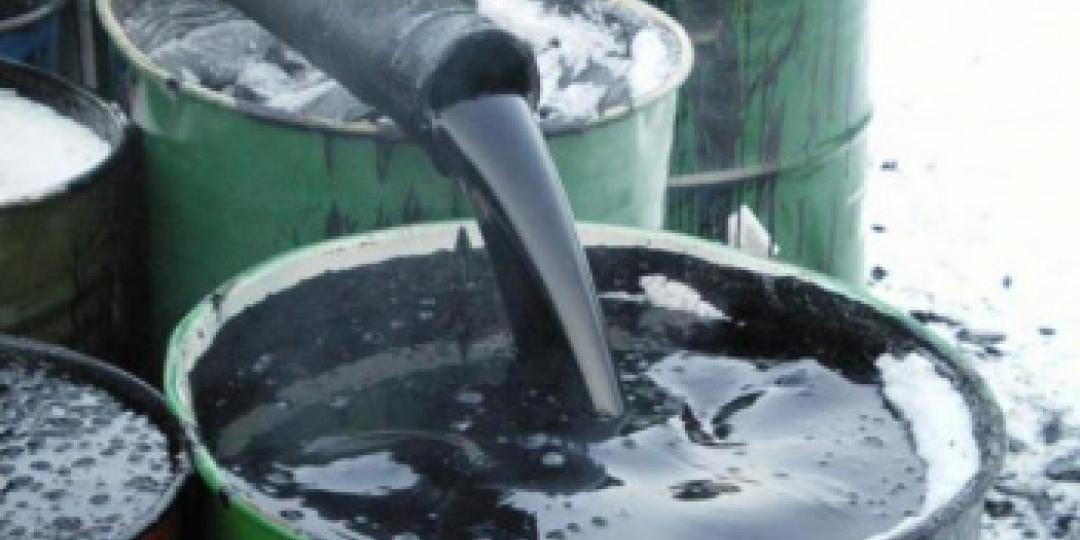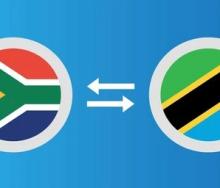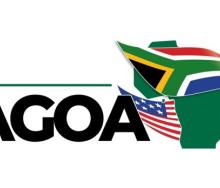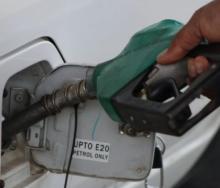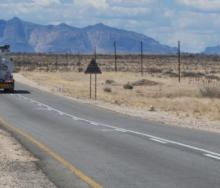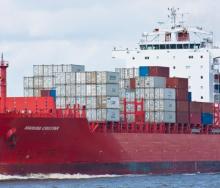The implementation of the 0.5% sulphur cap on marine fuels could present a struggle for the African bunker fuel market post 2020 according to S&P Global Platts.
This due to extensive competition from Mediterranean ports, with European ports typically offering more competitive prices and better services - and questions around marine fuel quality.
“The western and southern African bunker industry – which is centred in the key ports of Durban, Dakar and Lome – face fierce rivalry from adjacent ports such as Las Palmas in the Canary Islands, Gibraltar and Algeciras in Spain,” said Platts spokesperson Eleni Pittalis.
He pointed out that these strategic African ports needed to incentivise more shipowners to pick up products at their ports and increase services.
“The question of stability and compatibility of the bunker fuel market also reduces the appeal of the African bunker market,” said Pittalis.
“Post 2020 there will be greater concern about the quality of the product, rather than just the price, so shipowners will be nervous about where they buy their bunkers and this counts against Africa,” added energy consultancy CITAC Africa’s executive director, David Bleasdale.
However, Platts also noted that the sulphur cap regulation would drive demand for sweeter crude feedstocks around the world which could work in West Africa’s favour as the bulk of its upcoming refining capacity would be processing low sulphur crudes which made for good quality low sulphur marine fuels.
